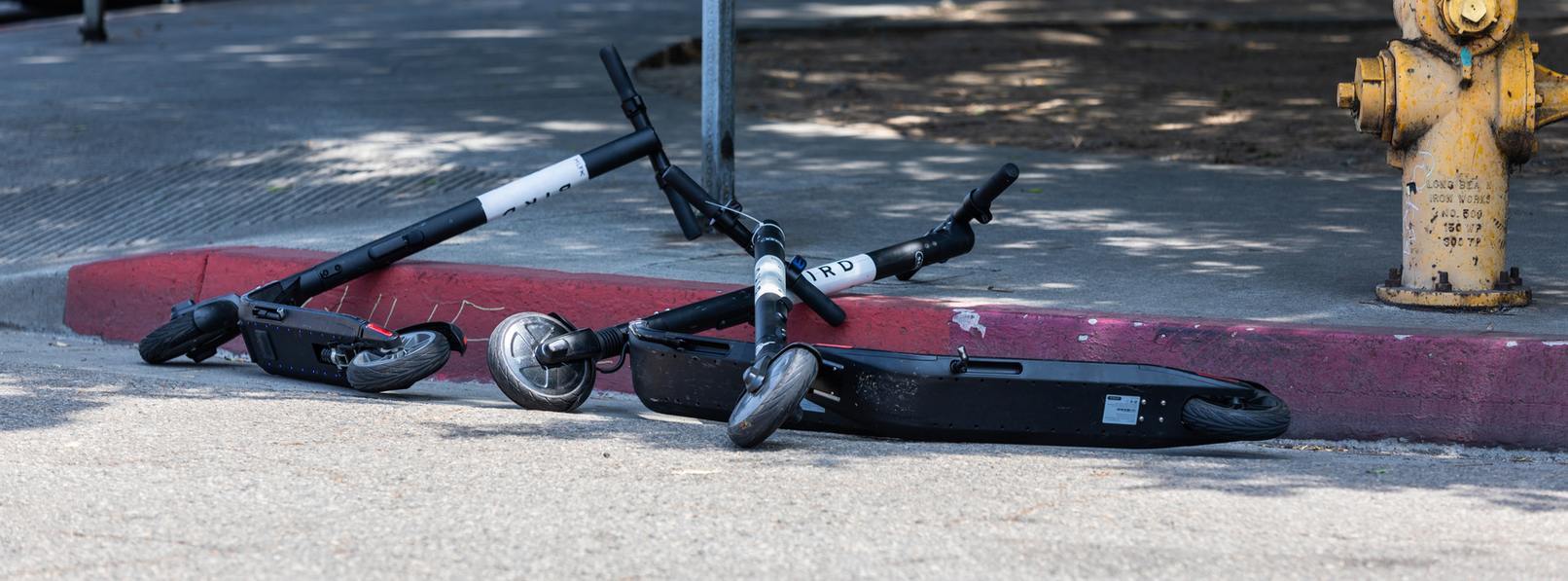The consumer advocacy non-profit organization, Public Citizen, filed a lawsuit in federal district court on January 25th, challenging the roll back of an Obama-era worker safety rule. The Tracking of Workplace Injuries and Illnesses rule was created to collect more complete data on workplace injuries in order to…
A federal court case that may alter the way the University of Arkansas System handles coverage of healthcare to transgender employees is set to resume this year.
A disability rights group has filed a lawsuit against the City of San Diego and three companies, including private e-scooter companies Bird and Lime, for allegedly breaching the Americans with Disabilities Act and other related state legislation. The class-action lawsuit, Montoya et al v. City of San Diego et al, argues that the city has failed to uphold its duty of keeping city sidewalks, ramps, crosswalks, and other public areas clear of dispersed scooters, which can create hazardous situations for people with physical disabilities.
On Friday, January 11, 2019, the United States Supreme Court granted certiorari in Gerald P. Mitchell v. State of Wisconsin (Docket No. 18-6210). The case questions whether a civil implied-consent statute in Wisconsin, permitting police officers to draw the blood of an unconscious driver, without consent, is constitutional.
In an order issued today, the US Supreme Court has granted the Trump administration's request to stay orders in two cases filed in federal district courts within the 9th Circuit to block the administration's policy banning most transgender people from serving in the military from going into effect. The Court's decision permits the ban to be temporarily implemented while the cases progress through the appeals process and any Supreme Court review. The Court denied the Trump administration's request to bypass the appellate process completely, but provides a preview of how the Court will likely rule if it hears these cases on the merits.
In what will potentially become a landmark decision, the U.S. District Court for the Northern District of California gave the order as a part of a denial of a search warrant for a property in Oakland.
In the case of Iancu v. Brunetti, the Federal Circuit recently ruled that a section of the Lanham Act was unconstitutional. This federal law governs the registration of trademarks. Section 2(a) of the Lanham Act prohibits the registration of trademarks that are immoral or scandalous. The Federal Circuit reviewed this provision in…
Last week, Chooseco LLC, the publisher of the Choose Your Own Adventure children’s book series, filed a federal lawsuit against Netflix.
Alfonso Ribeiro, who played Carlton Banks on The Fresh Prince of Bel-Air, has sued Epic Games, Inc. and Take-Two Interactive Software, Inc. for copyright infringement. Ribeiro alleged that Epic Games and Take-Two infringed on his copyright to the Carlton Dance by offering in-game purchases in Fortnite Battle Royale and NBA 2K16, respectively,…
On Wednesday, U.S. District Court Judge James Gritzner overturned an Iowa law that made it illegal to obtain employment at a livestock farm to investigate animal cruelty through an undercover approach. The federal judge found the law to be a violation of the constitutional right to free speech.










